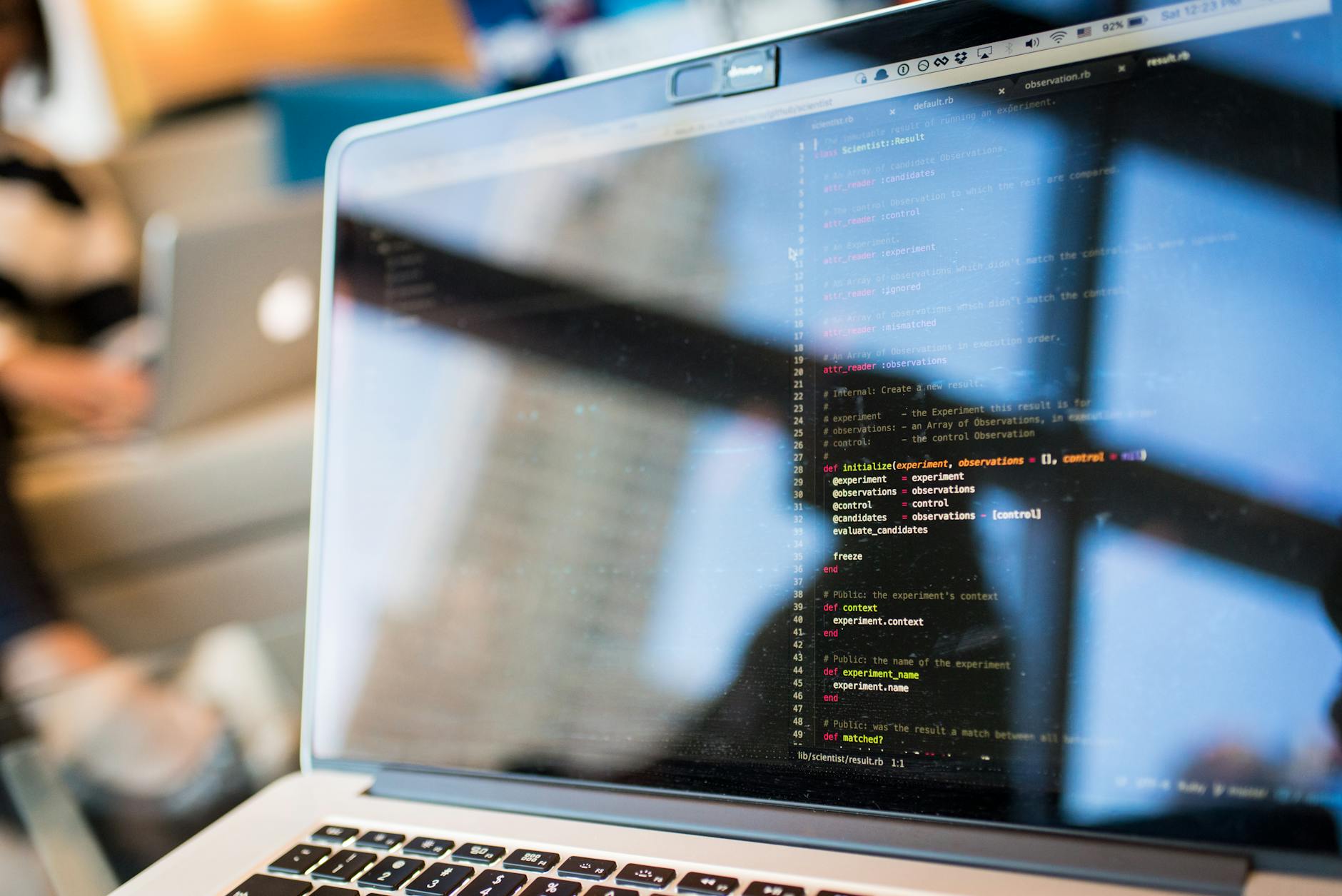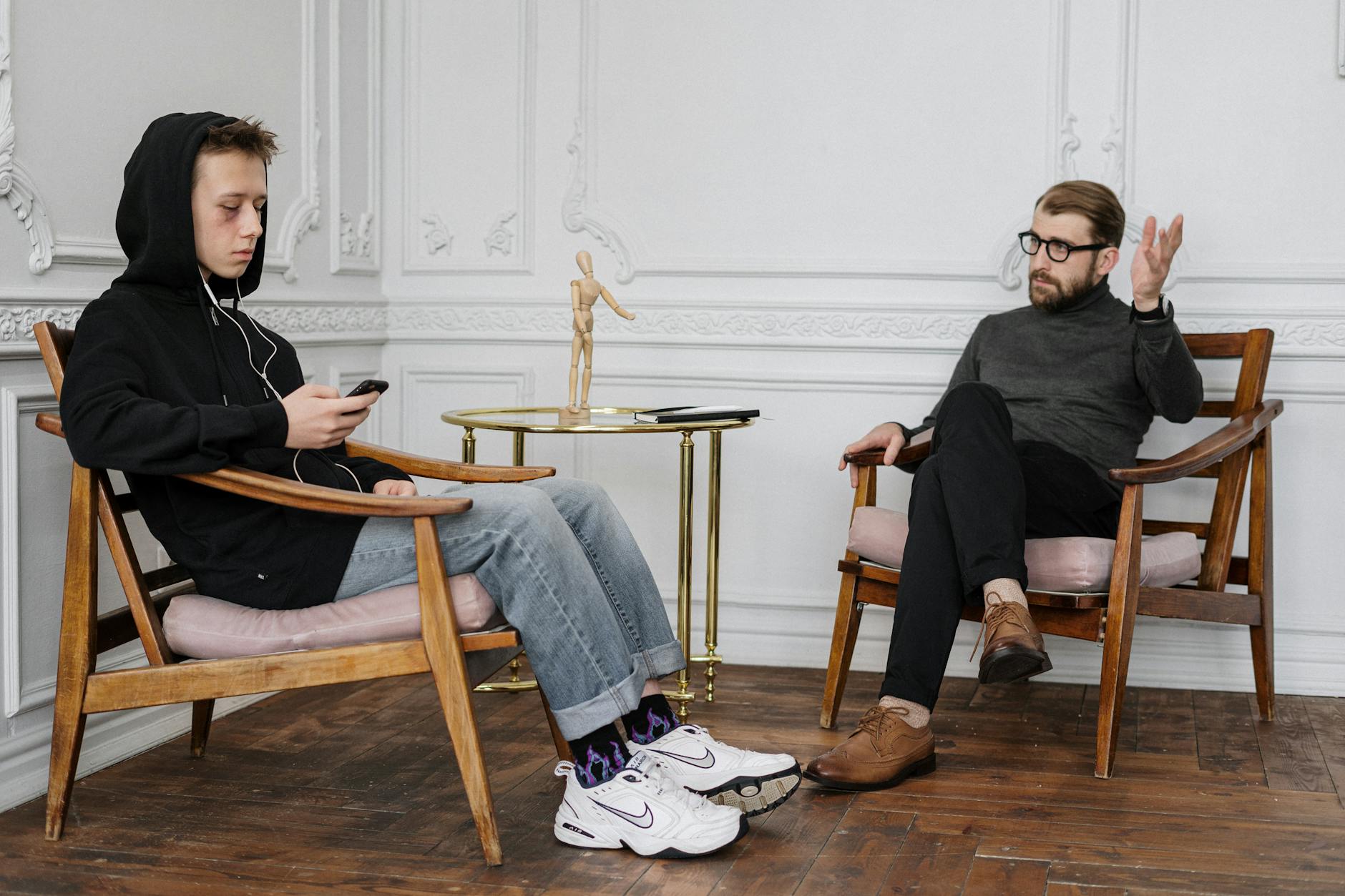Understanding the subconscious motivations behind unwanted behaviors is crucial for unlocking the secret to lasting change. By delving into the hidden drivers of these actions, we can gain valuable insights that pave the way for meaningful transformation. In this blog post, we will explore the intricacies of the human subconscious and how it influences behavior, shedding light on the enigmatic forces at play. Join us on this enlightening journey as we unravel the mysteries behind unwanted behaviors and empower ourselves with knowledge to crack the code.
The Power of Subconscious Mind
Understanding the Subconscious
The subconscious mind is a powerful force that operates below the level of consciousness. It stores memories, beliefs, and past experiences that influence our thoughts, emotions, and behaviors. Unlike the conscious mind, which is rational and analytical, the subconscious mind works on autopilot, shaping our perceptions and responses without us even realizing it. It's like the hidden engine that drives our actions without us being aware of its operation.
Influence on Behaviors
The subconscious mind plays a significant role in shaping our behaviors. It can drive us to act in ways that seem illogical or contradictory to our conscious intentions. This is because the subconscious is chiefly concerned with protecting us and fulfilling our deep-seated desires, even if they conflict with our conscious goals. Understanding how the subconscious mind influences our behaviors is crucial in unraveling the mysteries of our actions and reactions.

Photo by Pixabay
Unwanted Behaviors: Causes and Manifestations
Before delving into the subconscious motivations behind unwanted behaviors, it's crucial to recognize and understand their causes and manifestations. Unwanted behaviors encompass a wide range of actions that can be detrimental to one's well-being and relationships. Identifying these behaviors and tracing them back to their root causes is the first step toward addressing and rectifying them.
Identifying Unwanted Behaviors
Recognizing unwanted behaviors involves being introspective and observant of one's actions and their impact. This may include behaviors such as procrastination, compulsive lying, substance abuse, or unhealthy coping mechanisms. By acknowledging and acknowledging these behaviors, an individual can start the journey towards understanding and managing them.
Tracing Back to Root Causes
Unwanted behaviors often have underlying factors contributing to their manifestation. These causes can stem from past experiences, trauma, learned behavior, or unaddressed mental health issues. Tracing these behaviors back to their root causes requires introspection, professional guidance, and a willingness to confront uncomfortable truths. By uncovering the factors that fuel these behaviors, individuals can work towards addressing them effectively.

Photo by Ron Lach
Unveiling Subconscious Motivations
Understanding the subconscious motivations behind unwanted behaviors is crucial in the quest for personal growth and well-being. Unconscious belief systems, emotional triggers and responses, as well as past experiences and trauma, play a significant role in shaping our actions and decisions.
Unconscious Belief Systems
Our unconscious belief systems are deeply ingrained thought patterns that influence our perceptions, attitudes, and behaviors. These beliefs are often formed during childhood and can persist into adulthood, impacting how we view ourselves, others, and the world around us. Unveiling these belief systems involves introspection and recognizing the influence they have on our actions.
Emotional Triggers and Responses
Emotional triggers are stimuli that prompt intense emotional reactions based on past experiences. These triggers can lead to impulsive or defensive responses that may not align with our conscious intentions. Exploring these triggers can help individuals identify patterns in their emotional responses and develop strategies to manage them effectively.
Past Experiences and Trauma
Past experiences and trauma can leave a lasting imprint on the subconscious mind, shaping our perceptions and behaviors in profound ways. Unresolved trauma can manifest as unwanted behaviors and hinder personal development. By addressing past experiences with empathy and introspection, individuals can work towards healing and breaking free from destructive patterns.

Photo by Pixabay
Impact of Social and Cultural Influences
Cultural and social influences play a significant role in shaping the subconscious motivations that drive unwanted behaviors. These influences emanate from various sources, including family dynamics, societal norms, and pressures. Understanding the impact of these forces is crucial in deciphering the complexities of human behavior.
Family Dynamics
Family dynamics exert a profound influence on an individual's subconscious motivations and behavioral patterns. The interactions, communication styles, and power structures within the family unit contribute to the development of beliefs, values, and expectations. Furthermore, the presence of dysfunctional dynamics, such as conflicts, neglect, or unhealthy boundaries, can fuel the emergence of unwanted behaviors rooted in unresolved familial issues.

Photo by Ahmed akacha
Societal Norms and Pressures
Societal norms and pressures encompass the collective beliefs, customs, and standards that dictate acceptable behavior within a given culture or community. The influence of societal expectations can instill feelings of conformity and the fear of deviating from established norms. This pressure to adhere to societal standards can lead individuals to internalize conflicting emotions, resulting in the manifestation of unwanted behaviors as a coping mechanism to reconcile external expectations with internal turmoil.
Understanding the intricate interplay of family dynamics, societal norms, and pressures provides insight into the subconscious motivations driving unwanted behaviors. By delving into these influences, individuals and mental health professionals can navigate the complexities of behavior and work toward effecting positive change.
Tools for Unraveling Subconscious Motivations
Understanding the subconscious motivations behind unwanted behaviors is essential for personal growth and self-improvement. Utilizing various tools can aid in unraveling these subconscious motivations, leading to a deeper understanding of oneself. Here are some effective tools for delving into the subconscious mind:
Self-Reflection and Journaling
Self-reflection and journaling are powerful tools for gaining insight into subconscious motivations. Taking the time to ponder one's thoughts, emotions, and past experiences can reveal patterns and underlying drivers of behavior. By jotting down these reflections in a journal, individuals can track their progress and gain clarity on their subconscious motivations. This practice encourages mindfulness and introspection, paving the way for self-discovery and personal growth.

Photo by Christina Morillo
Therapy and Counseling
Seeking professional therapy and counseling provides a structured and supportive environment for exploring subconscious motivations. Trained therapists can guide individuals through the process of uncovering deep-seated beliefs, traumas, and thought patterns that may be driving unwanted behaviors. Through meaningful conversations and evidence-based techniques, therapy empowers individuals to confront and address their subconscious motivations, leading to positive behavioral changes and emotional healing.

Photo by cottonbro studio
Mindfulness and Meditation
Practicing mindfulness and meditation fosters self-awareness and a deeper connection with one's subconscious mind. By being fully present in the moment, individuals can observe their thoughts and emotions without judgment, gaining valuable insights into their subconscious motivations. Mindfulness techniques, such as deep breathing and body scan exercises, can help individuals tune into their inner selves, leading to greater clarity and understanding of their behavioral patterns.

Photo by Mikhail Nilov
Overcoming Unwanted Behaviors
Understanding how to overcome unwanted behaviors is crucial in making positive changes in our lives. By replacing negative patterns with positive coping mechanisms, we can effectively address these behaviors and create a healthier lifestyle.
Replacing Negative Patterns
Replacing negative patterns involves identifying the triggers that lead to unwanted behaviors and consciously choosing to replace them with positive actions. This may involve avoiding certain situations or environments that trigger the negative patterns and replacing them with healthier alternatives. For example, if stress leads to unhealthy eating habits, finding new ways to cope with stress such as exercise or mindfulness can help break the negative cycle.
Developing Positive Coping Mechanisms
Developing positive coping mechanisms is essential for maintaining long-term change. This involves finding healthy ways to deal with challenges and emotional stressors. Building a support system, practicing self-care, and learning new skills are all effective coping mechanisms. For instance, seeking support from friends or a support group can provide encouragement and accountability, making it easier to resist unwanted behaviors.

Photo by MART PRODUCTION
Conclusion
Understanding the subconscious motivations behind unwanted behaviors is crucial in addressing and resolving them effectively. By delving into the underlying factors that drive these behaviors, individuals can gain insight and perspective, empowering them to make positive changes. Through introspection, therapy, and self-awareness, individuals can work towards breaking the patterns of unwanted behaviors, leading to personal growth and well-being. It's an intricate process, but with the right understanding and tools, it is possible to crack the code of unwanted behaviors and pave the way for a healthier, more fulfilling life.








